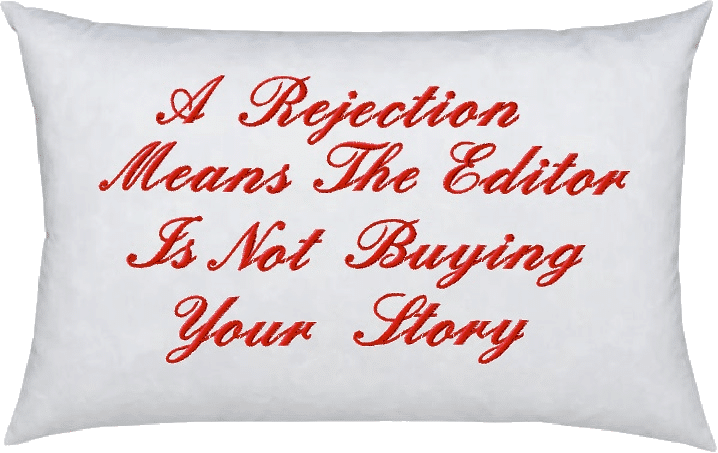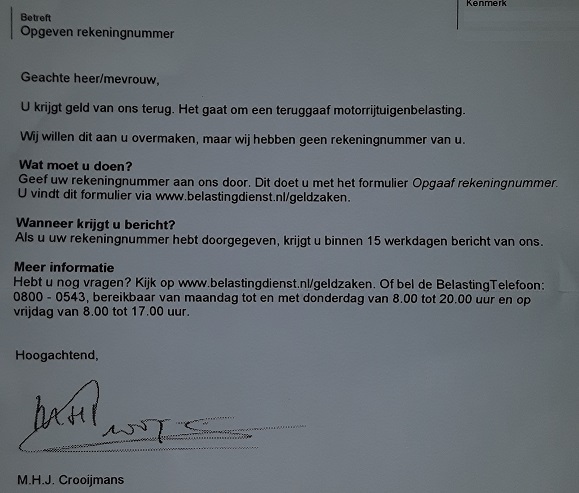Getting a rejection for your story is like falling off a horse.
Getting a rejection is even more like falling off a camel. It hurts like a bitch, your eyes tear up (from all the sand, obviously), your mouth goes dry (also due to the sand, of course), and the camel trots on, oblivious to your pain.*
The thing you have to remember though, as you spit the sand out of your mouth, look around you for cover from the remorseless sun, and wipe sandy tears from your eyes, that it’s not personal. It’s not personal. And if you’re still wondering: no, it’s not personal. In fact, even personal rejections aren’t personal, not in the sense I mean here.
If you’ve read the bit about the slush pile, you know what I mean. If you haven’t, go read it now. To understand the many ways in which rejections are not personal, you first need to understand how your rejections come to be in the first place.
See? Your rejection is not personal. It doesn’t mean you’re a bad writer.** It doesn’t mean your story sucks.*** It means only one thing, and you’d do well to ask your Granny to embroider this onto the pillow you smack your head against after each rejection:
Nothing more. Nothing less. You may feel disappointed and hurt—if you’re anything like me, you’ll definitely feel disappointed and hurt—but if you’ve read the bit about the slush pile, you should know that there are countless possible reasons why an editor might reject your story. The vast majority of those reasons do not reflect on the chances of your story selling to a different market. And since a rejection usually doesn’t give any indication of the editor’s reasons, nothing has changed with the rejection.
Nothing whatsoever.
You still have a story that is as good as you can get it, that you want to sell to one of the countless markets out there. You still have your list.
So what do you do now?
- I send a reply to the editor, explaining why it’s a mistake to reject my story, and how this misguided rejection reflects on his competence and his parentage.
- I mope in the corner for a few weeks, with my tear-streaked face buried in my embroidered pillow.
- I take another look at my story and tinker with it for a bit, to see if I can improve it and take out the flaws it must have to get rejected this time, so that the next editor will have no choice but to buy it.
- I blog about the rejection and my hurt feelings so I can harvest some solace from my writer friends, who have been here and understand how I feel; then I send it out again.
- I send it out again.
* Getting a personal rejection is the same, except for the camel taking a moment to trot back and tell you, with a really friendly camel smile, that you did a good job staying between the humps for so long.
** All camels are mammals, but not all mammals are camels: though the rejection is not personal, you may still be a bad writer.
*** All camels are ugly, but not all ugly things are camels: though the rejection is not personal, it may still be a sucky story.

